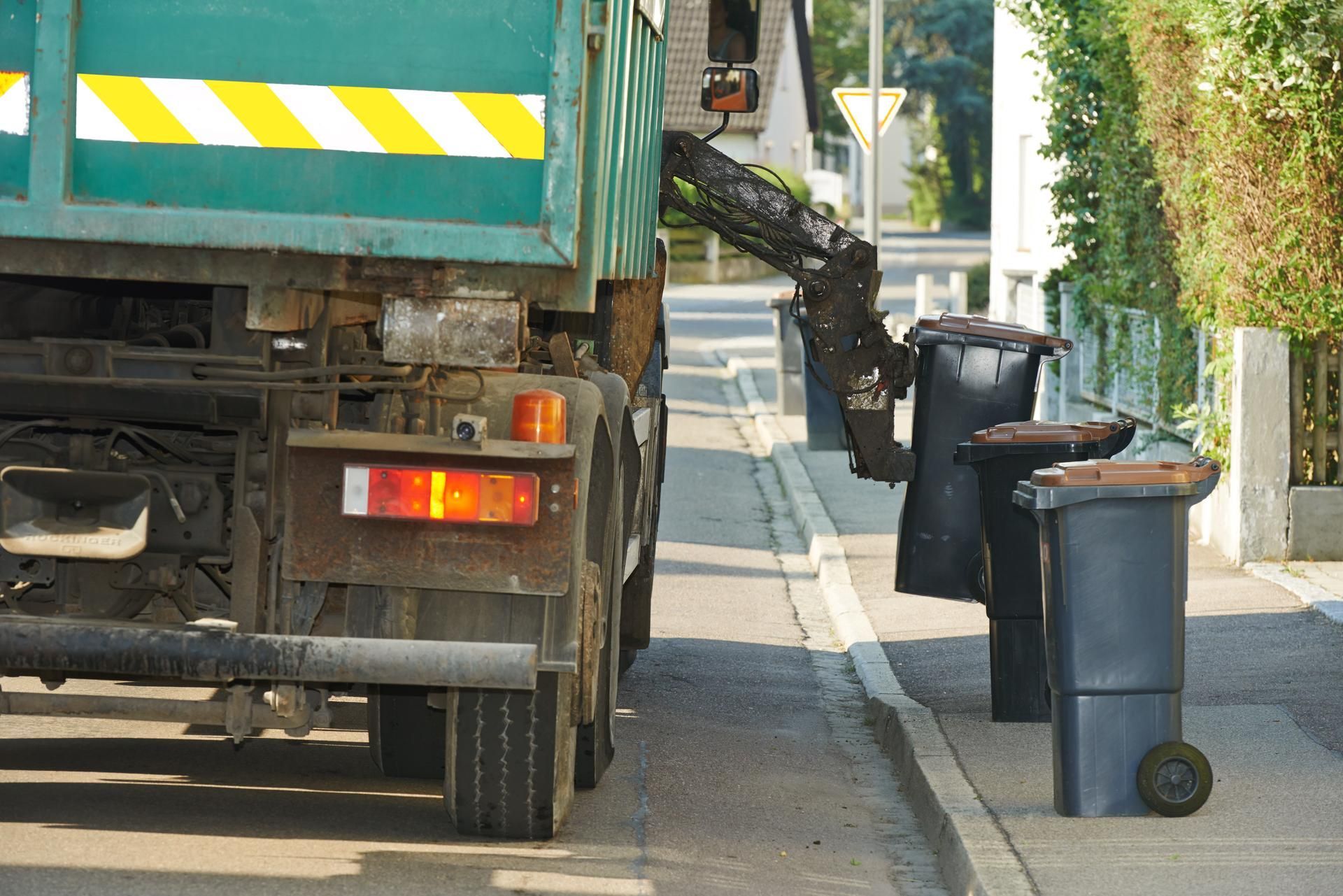Unpacking the Trashy Truth: 5 Common Causes of Hydraulic System Failure in Garbage Trucks

Garbage trucks heavily rely on hydraulic equipment to load and transport waste. Whether you own a single garbage truck or maintain an entire fleet, being aware of common hydraulic system failures will help you prevent downtime and costly repairs. Because hydraulic systems could be exposed to multiple sources of damage, be mindful of these five causes of hydraulic equipment failure.
1. Cavitation
Cavitation is a common problem caused by contamination, especially when the garbage truck is running low on lubricants. Outside elements, such as air and moisture, could contaminate your truck's hydraulic system and result in pump damage.
Cavitation is a by-product of your truck having low levels of hydraulic oil. As a result, insufficient lubrication will cause your pump to draw air from the environment or from dissolved air molecules in your hydraulic fluids. If this happens, you'll end up with tiny gas bubbles in your pumping system, which could damage the pump housing or the surface of your wear plate.
Air bubbles also tend to burst open and cause inconsistent temperatures in your hydraulic equipment. And because garbage trucks heavily rely on the hydraulic system to collect, compress, and offload waste, cavitation could cause significant downtime in your fleet.
2. Inconsistent Pressure
Pressure spikes in the hydraulic system are common in garbage trucks, especially older vehicles. If you often need to replace your hoses or repair damaged cylinders, a pressure relief valve might be the culprit. Vehicles fitted with differential valves are slower when adjusting to pressure spikes. Furthermore, damaged valves may have broken seals, which expose the hydraulic system to fluid leaks, contamination, and inconsistent pressure.
Your garbage truck's hydraulic system will operate more efficiently when fitted with pilot-operated valves. In addition to saving money across your fleet, you'll experience better durability and more precise pressure control in multiple operating environments.
3. Mismatched Components
Mismatched components, such as undersized hoses, are a common source of cavitation and overheating. Not only do undersized hoses restrict airflow, but they also cause unnecessary friction between the pump edges, valves, and filters. An incompatible lubricant could also strain your hydraulic system, especially when lifting or compressing heavy loads.
In addition to pumps and fluids, motors are another common victim of mismatching. An undersized motor will struggle to drive your hydraulic pump, resulting in the slow movement of your garbage container. To avoid mismatching, consult your original equipment manufacturer or an experienced hydraulic service provider.
4. A Worn-Out Hoist Cylinder
Some garbage truck operators may experience a hoist that's stuck in the dump position. Worn hoist cylinders often cause faulty hoist mechanisms. For instance, a misaligned cylinder could disconnect from your hydraulic system and prevent the hoist from lowering.
For the garbage truck's hoist to move freely, it requires an adequately sized and fully functional hoist cylinder, pump, and motor. Garbage particles that are stuck in the hydraulic assembly could also result in a jammed hoist. In most cases, you'll need to replace the affected components to prevent the problem from recurring.
5. Lack of Preventative Maintenance
Poor maintenance will almost certainly result in hydraulic system failure. To avoid downtime, you should recognize the value of preventative maintenance. The preventative approach encourages people to proactively maintain their machines, vehicles, and other equipment. Rather than wait for your garbage truck's hydraulic system to break down, implement a maintenance schedule where you regularly inspect pumps, hoses, valves, and cylinders.
Garbage trucks operate under harsh environmental conditions and may be exposed to fluids leaks, pump damage, and even worn-out wiring inside the motor. Timely inspections could help you predict and prevent hydraulic issues before they cripple your truck's performance.
To keep your hydraulic systems in good condition, you need an expert hydraulic repair service by your side. Miller Hydraulic Service specializes in both commercial and industrial hydraulic repair. Since 1991, we've worked closely with our clients to carry out repairs and rebuilds on a wide variety of hydraulic equipment. Are you in need of hydraulic system repair for your garbage truck? Contact us today.





